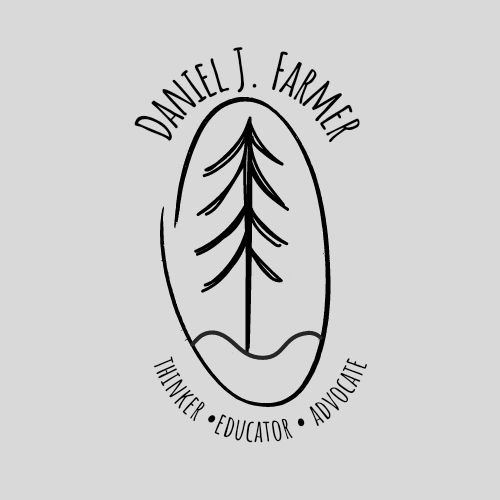Finding the “correct” approach to education feels like an ever-challenging pursuit as technology advances, the human population expands, and thus the diversity of experiences and needs of students become more complex. Reading the works of John Dewey and E.D. Hirsch Jr. and those of related educational thinkers, it becomes clear that modern educational philosophies of all kinds are typically rooted in one of their camps or are a special combination of their ideas. While one approach begins with the individual student, the other starts with the tools needed for survival in society.
John Dewey established an approach to education starting with the child themself. His primary concept for education as shared in “My Pedagogic Creed” is that education needs to be structured around the natural development of the child. This means children have time to explore and learn about themselves, just as they are given the freedom to explore and interact with society. This means that school must be structured in such a way that allows students to bring to light their own strengths or “powers” as Dewey calls them. Further, this approach is intended to prepare children for adulthood. As such, a school must also function to simulate a simpler version of society, giving students a sense of how they might fit. The vision Dewey shares is one where teachers glean lessons from their chosen activities or instinctual interests that arise in the students. In this way, students are encouraged deeper into their interests and are able to learn in the context of their interests. This philosophy sits on the back of the Romantics, who believe that what is natural is inherently good. Therefore, the natural inclinations of a child are what education ought to center. These ideas permeate today’s education landscape as ideals of progressive education move classrooms away from places of acquiring knowledge to places for student experimentation and exploration.
E.D. Hirsch Jr. advocates for an approach to education based on the acquisition of knowledge. In “Why Traditional Education is Progressive,” Hirsch recognizes that political and social progressives have a negative concept of traditional education. However, he holds that social progress requires that those who are marginalized are given the knowledge and skills to gain power and improve their social standing. Traditional education, from this perspective, is a pragmatic activity. Our society is inherently unnatural or otherwise said, artificial. Therefore, we need to design an artificial tool that effectively prepares young people for the society in which they live. Therefore, the claim that education should foster children’s inherent and natural tendencies is a fallacy. Their natural tendencies are not likely best equipped to prepare for civilized life. In a certain way, Hirsch sees the movement toward progressive education as a marketing hoax. The words used to describe progressive education, like “hands-on” and “interesting”, are enticing to parents. Further, the descriptive counterparts used for traditional education (“merely verbal” and “boring”) are, for fear of sounding too formal, unfun. However, the data show positive and progressive outcomes regarding student achievement and achievement gaps when traditional educational approaches are implemented. For this reason, this article is Hirsch’s call to embrace traditional education as the better alternative to failed attempts at progressive education. In Hirsch’s view, progressive education sounds nice and romantic but fails to produce the measurable benefits of traditional education.
The philosophies of these two thinkers are distinct. Dewey believes education begins with children, while Hirsch believes it begins with a set of knowledge. Dewey advocates for a flexible school environment that caters to individual students, whereas Hirsch encourages set curricula delivered to all students collectively. Dewey’s approach delays the introduction of certain topics until children are prepared to learn. Hirsch’s approach takes advantage of the proven idea that children can absorb immense amounts of knowledge without any apparent detriment. What binds these two philosophies is considering how to best prepare a child for the world. Dewey says that a child’s success is predicated on their best understanding of themself (though Dewey would write “him” and “himself”). Hirsch says that a child ought to know as much as possible about the world. In reading each of these perspectives, the merit of each philosophy becomes clear. Both the child and the society are important focal points for education. The question is, with which should we start?
